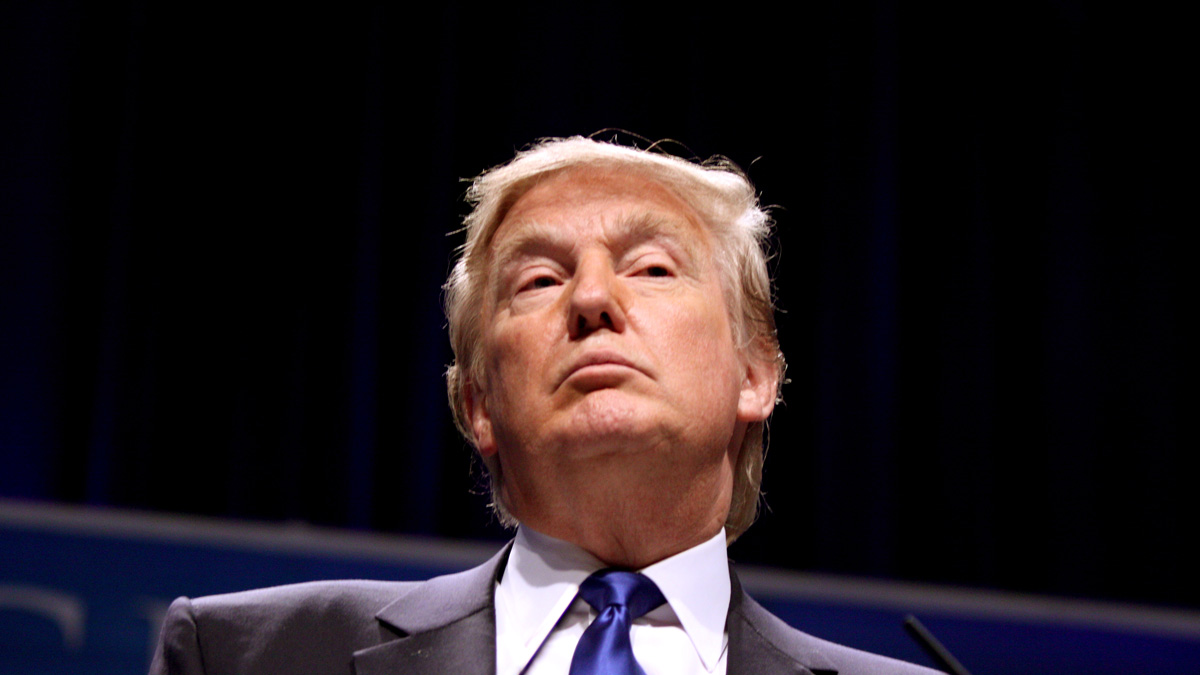Jian Ghomeshi deserves no pity
He's not the social pariah his cover story makes him out to be
 Darren Calabrese (Canadian Press)
Darren Calabrese (Canadian Press)I feel no pity for Jian Ghomeshi’s so-called plight in the wake of more than 20 women accusing him of physical and sexual assault. Neither should you.
After he was accused in 2014 of dozens of counts of physical and sexual assault, Ghomeshi disappeared from the limelight for what I assumed would be an indefinite hiatus. Apparently, he feels entitled to a comeback, attempted in the form of a cover story in the New York Review of Books, to be featured in the October 17 magazine and published online last Friday.
Ghomeshi’s article, “Reflections from a Hashtag,” details how he’s been treated as a social pariah in the aftermath of the allegations and trial. Its 3,500 words paint the picture of a man beaten down by false accusations, who wants the world to move on from the allegations made against him.
Ghomeshi’s re-emergence into the public sphere isn’t unique. Recently, Louis C. K. and Aziz Ansari have made appearances at comedy clubs to test the waters for their own comebacks. But Ghomeshi isn’t simply making an appearance to test public reaction — he was hired to write a cover story in a prominent magazine and allowed to tell his side of the story without challenge.
Naturally, there emerged an immediate debate on whether Ghomeshi has the right to a platform at all. Does Ghomeshi have a “path to redemption?” Is there anything he could do or say that would redeem him?
Ghomeshi could have taken ownership for his actions. Throughout the article, rather than face his allegations head-on he hides behind excuses, clearly demonstrating a lack of remorse. He’s shown that he’s capable of apologizing — in 2016, he signed a peace bond to avoid going to trial for Kathryn Borel’s accusations of sexual assault, which required him to issue an apology. If Ghomeshi truly wanted to make amends, he could’ve apologized to every woman he assaulted.
He could’ve listened to what the women who had accused him had to say. He claims to have spent the past few years “listening, reading and reflecting,” but shows no evidence that he’s changed as a result. Lucy Decoutere, one of the complainants in Ghomeshi’s trial, suggested he meet with her so she could attempt to find closure. Ghomeshi has yet to take her up on her offer.
He could’ve disclosed the amount he made from his article and donated it. That money could go a long way to combat and prevent sexual violence, and a donation would’ve indicated some well-meaningness, rather than appearing self-serving and opportunistic.
He could’ve refused to author the story altogether, choosing instead to highlight the voices of the women he’s harmed, who so rarely receive a voice in discourses surrounding sexual violence. I’m sure that the complainants in either of his trials have just as many words to describe the backlash they received for coming forward. This shows the value we place on certain voices in the #MeToo era — media organizations seem to care more about an alleged abuser’s comeback than the ways survivors suffer.
Ghomeshi lightly notes, “one of my female friends quips that I should get some kind of public recognition as a #MeToo pioneer.” This was perhaps the most rage-inducing part of the article. Jian Ghomeshi is not special, he’s an abuser. He exists in a long line of violent men for whom “no” isn’t an acceptable answer. That doesn’t mean he deserves public recognition — it just makes him a horrible, violent man.
I don’t feel sorry for Jian Ghomeshi. He faced social consequences for abhorrent behaviour that many in the industry had known about for years. The allegations against him go back to 1988, meaning he spent at least 25 years harassing and abusing women. At minimum, he should be ostracized for the same number of years he preyed on his victims.
Without signalling remorse or making efforts to atone, he doesn’t deserve one shred of sympathy, and certainly doesn’t deserve to be given a platform as notable as the New York Review of Books.




